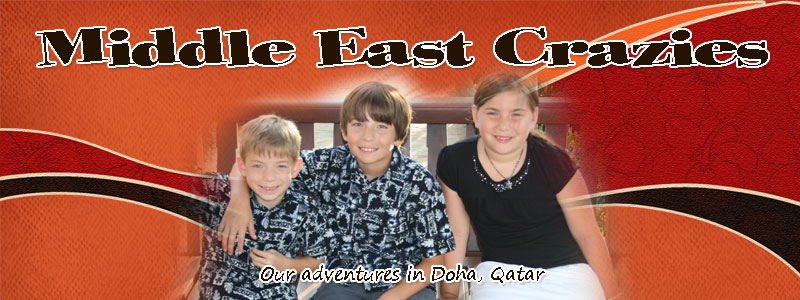I am reading a really good book, How to Talk So Your Kids Will Listen and Listen So Your Kids Will Talk by Adele Faber and Elaine Mazlish. I have picked this book up now and then over the years and read bits and pieces of it, but I am attempting to read the WHOLE book this time. It is so good and such a good reminder. Of course, with every parenting book you have to take the good and skim over the not as good. The first part is excellent though. It deals with helping children deal with their feelings. I am going to give you the basics and if you want more, you should really get this book.
It is based on the idea that children need to have their feelings accepted and respected...even the bad, ugly feelings.
The way to do this is...
1. Listen quietly and attentively. (Instead of half listening while also watching tv, etc)
2. Acknowlege their feelings with a word. Like "Oh..." "Mmmmm" or "I see" (instead of asking a barrage of questions)
3. You can give their feelings a name. (instead of denying the feeling) "That sounds frustrating!"
4. You can give your child his wishes in a fantasy. (instead of long explanations and logic) "I wish I could make that banana ripe for you right now"
All feelings can be accepted, certain actions must be limited.
The typical way of dealing with your children's feelings is
DENYING your child's feelings....with comments like "There's no reason to be upset."
the PHILISOPHICAL respons...."Look, life is like that. Things don't always turn out the way we want them too."
giving ADVICE...."You know what I think you should do?"
asking too many QUESTIONS....
DEFENDING the other person involved....
PITY...."Oh you poor little thing. I feel so sorry for you."
AMATEUR PSYCHOANALYSIS...."Let's figure out the real reason you are so upset...blah, blah, blah"
What our children (and spouses and friends) need is an EMPATHETIC response where we attempt to tune into their feelings. It doesn't come naturally for most of us. Most of us grew up having our feelings denied and that is what we do to our children. But when someone is hurting or angry or sad they do not want our advice, psychology, philosophy or pity.
Monday, June 9, 2008
Good book!
Posted by
Lynn
at
9:12 PM
![]()



